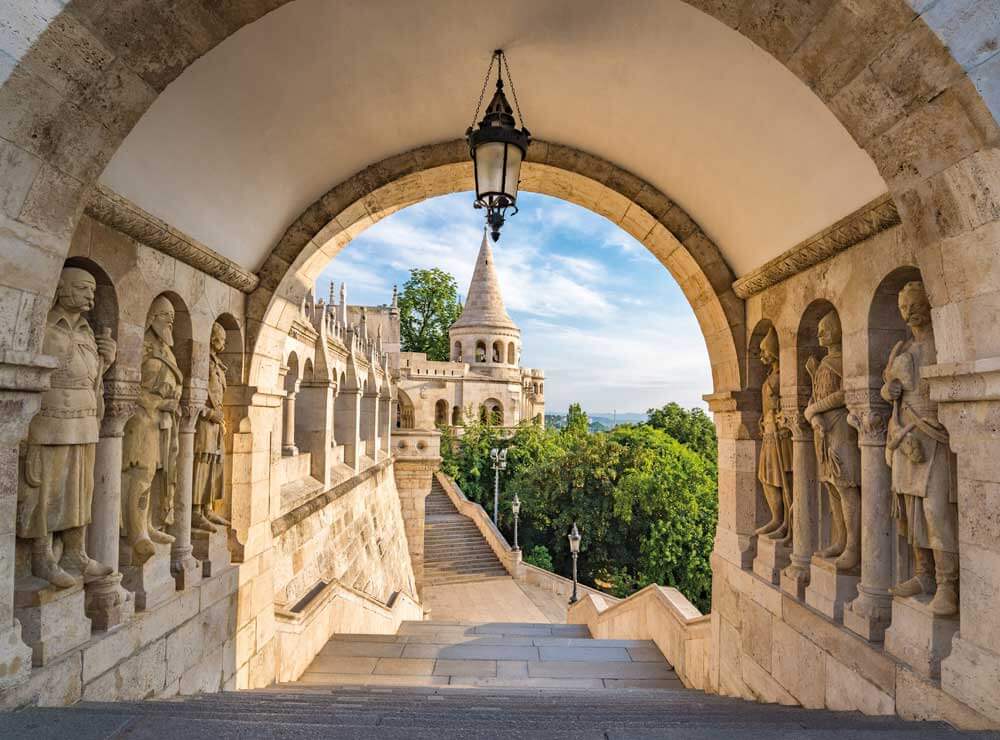
HUNGARY PROSPERING WITH POST CRISIS HOUSING BOOM
05.12.17Hungary is in the fourth year of a continuous house price boom, as the national house price index rose by 11.6% this year.
Property prices across the nation are above pre-crisis levels and the number of transactions has risen since the start of 2014 – up more than 10 per cent year on year. Dwelling permits issued also rose by 10.61% during the first half of 2017.
"Rising real income and favourable labour market conditions contributed jointly to the improvement in long term income expectations which are of key importance in terms of housing investments," states the MNB's Housing Market Report.
The recovery has been partly caused by a series of government steps. First, at the beginning of 2013, the government increased the amount of 5-year loan subsidies, the maximum value of subsidized loans, and the loan house price threshold, causing significantly stronger credit demand in the second half of 2013.
From July 1, 2015 a non-refundable subsidy, the family housing allowance (CSOK) became available for buying new- and used homes, for apartment expansions, and for home construction. Then last year the VAT was lowered and measures were taken to both improve the construction sector's performance and reduce red tape.
This has resulted in a boom in people buying homes, both natives and expats, particularly new-builds due to the recovery of the construction industry within Hungary.
"Looking at the projects under construction lately I expect more and more buyers considering to opt for new built homes – and not only the families who plan to buy with the generous help of the Government,” says said Gábor Soóki-Tóth, Otthon Centrum's head of research.
In addition, Budapest is fast becoming a culture hub – especially in the fashion world – and this is predicted to have a big impact on housing prices and the level of luxury available on the market within the city.
Abode Affiliates
COPYRIGHT © Abode2 2012-2024





















































































































































































































